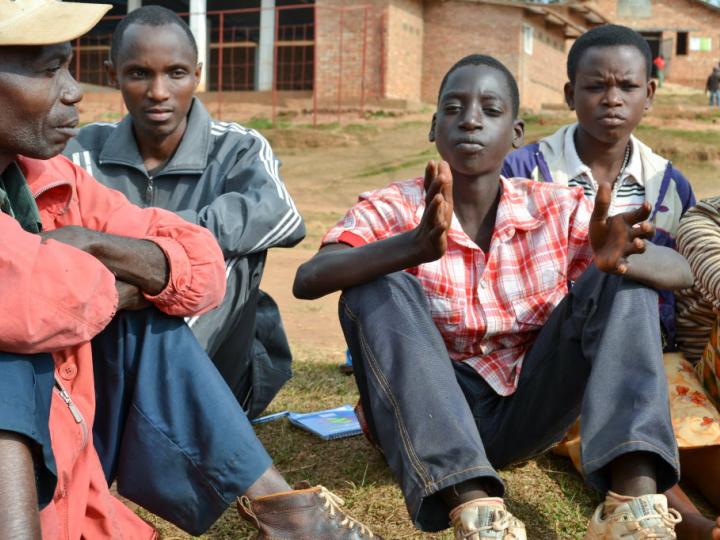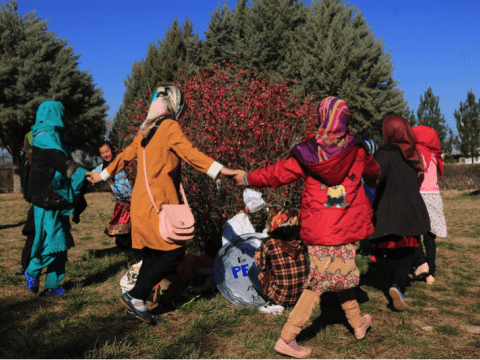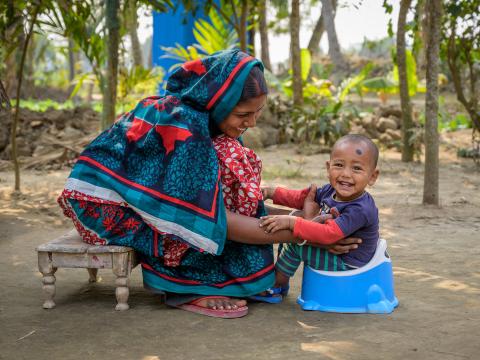
Our Work
Our commitment to peace has spanned decades
At World Vision, we believe conflict sensitivity forms the foundation for peacebuilding programming. From contributing to the original Do No Harm Handbook, to playing a key role in the success of UN Security Resolution 2250 on the role of youth, peace and security, to developing innovative context analysis tools, our commitment to peace has spanned decades. As World Vision deepens its commitment to tackle the root causes of fragility, our focus on conflict sensitivity and peacebuilding continues to grow.

Empowering Children as Peacebuilders
World Vision equips girls, boys, young women and young men to be agents of peace in their communities, agents of change and healing among their peers and in their communities. Find our programming guidelines here.
Young peacebuilders from Sri Lanka to Lebanon are making changes from the local level all the way to the United Nations. Nour from Lebanon helped launch the Inter-Agency Guiding Principles on Youth Participation in Peacebuilding in New York laying the groundwork for the fundamental UN Security Council Resolution 2250. In 2018, children from World Vision field offices all over the world had the opportunity to directly contribute to the landmark UN independent progress study on youth peace and security known as “The Missing Peace.”

Do No Harm for Faith Groups
World Vision developed the Do No Harm for Faith Groups approach to equip faith leaders with the technical and faith content they need to be effective.
Faith leaders can be tremendous assets for positive impact, but they can also harm their communities with their actions—often unintentionally and while trying to do good. World Vision partnered with local faith communities to leverage Do No Harm for Faith Groups in fragile contexts and emergency responses globally.